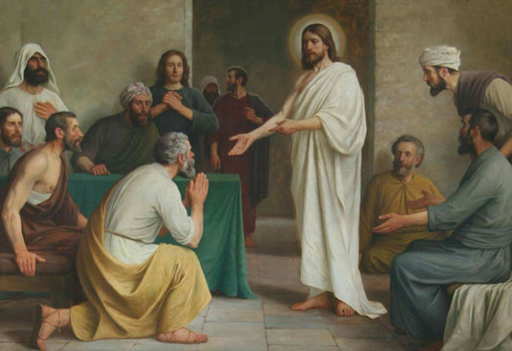- If you could change one thing about yourself, what would it be?
- What do you wish you could cut out OR add to your life forever, instantly?
- How might you answer someone who says that it is no big deal for a Christian to sin, since grace will cover it (Rom 6:1; 5:20)? [Why did Paul's Jewish opponents oppose his teaching of grace (Rom 6:15?]






